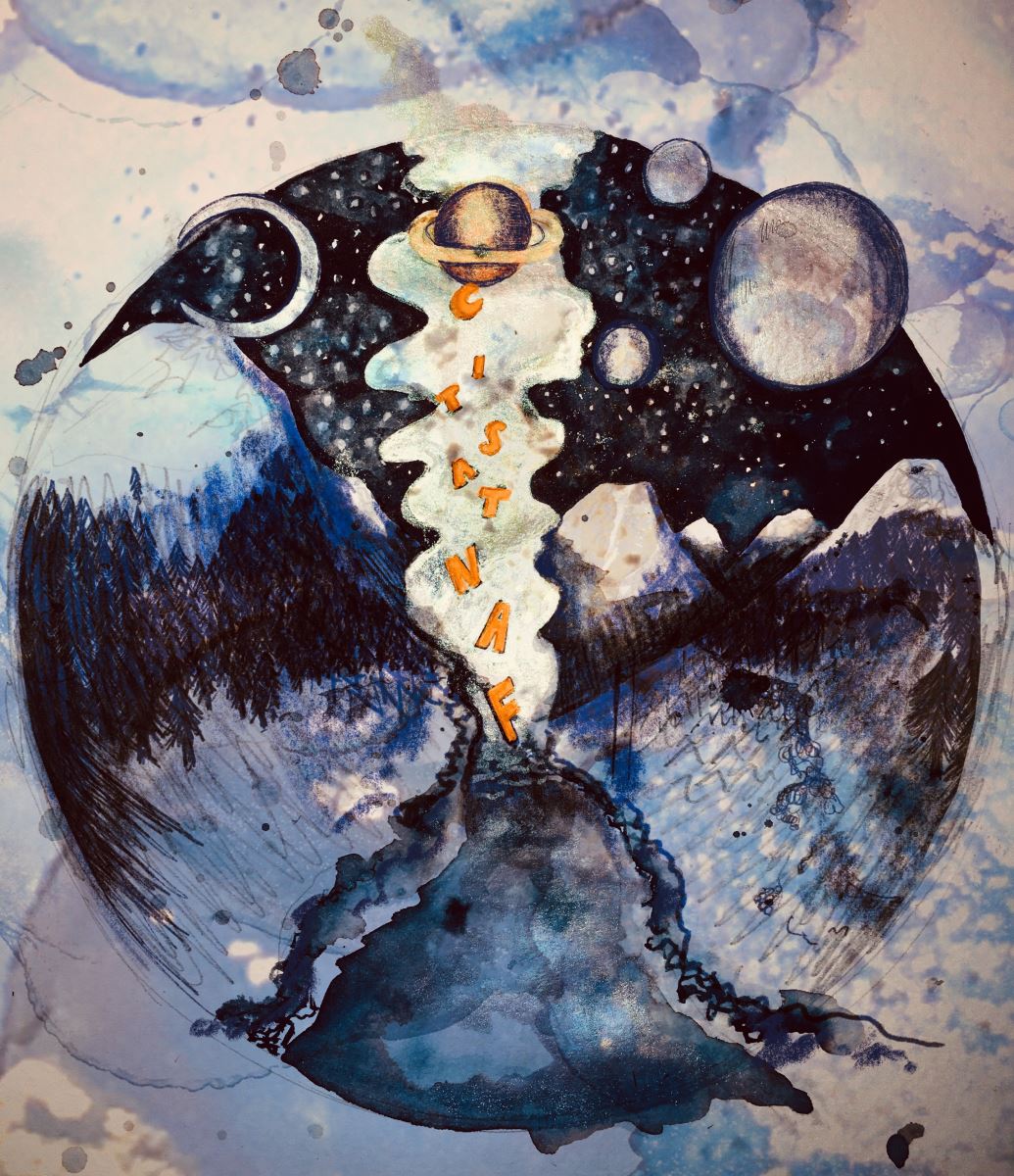.jpg) “I didn’t succeed despite my dyslexia, but because of it. It wasn’t my deficit, but my advantage. Although there are neurological trade-offs that require that I work creatively [and] smarter in reading, writing and speaking, I would never wish to be any other way than my awesome self. I love being me, regardless of the early challenges I had faced.” – Scott Sonnon, martial art expert, dyslexia advocate and wellness speaker.
“I didn’t succeed despite my dyslexia, but because of it. It wasn’t my deficit, but my advantage. Although there are neurological trade-offs that require that I work creatively [and] smarter in reading, writing and speaking, I would never wish to be any other way than my awesome self. I love being me, regardless of the early challenges I had faced.” – Scott Sonnon, martial art expert, dyslexia advocate and wellness speaker.
October is Dyslexia Awareness Month, a month intended to raise awareness of what dyslexia is and the tools that can be used to tackle it. One of the most important things to know about dyslexia is that research indicates that it has no relationship to intelligence; moreover, that the way individuals with dyslexia think can actually be an asset in achieving success. Just ask Steve Jobs, Thomas Edison, Stephen Spielberg, Jennifer Aniston, F. Scott Fitzgerald and Albert Einstein.
Dyslexia is a neurological condition caused by a different wiring of the brain; this means that people with dyslexia learn in a different way. This means that the earlier dyslexia is diagnosed, the sooner the person can learn the coping strategies that they will need to ensure that they can still achieve their full potential.
Take the time to learn a little more about dyslexia by clicking on the hyperlinks within this article. Whether you are dyslexic or someone that you know is, knowledge is power, and the more we know about dyslexia and the tools for tackling it, the more we will be able to help overcome it.
.jpg) When Surval student, Aisheeya (G10, India), discovered that one of her close friends at home was suffering as a result of her dyslexia, Aisheeya wanted to find a way to truly empathise with what her friend was going through. So how did she do this? Through poetry. “I just tried to get into her shoes and express how she was feeling,” explains Aisheeya, when asked what inspired her poem, ‘Dancing Letters’. “I think poetry is the best way of expressing feelings. I read some more to find out about dyslexia, and then I wrote the poem.”
When Surval student, Aisheeya (G10, India), discovered that one of her close friends at home was suffering as a result of her dyslexia, Aisheeya wanted to find a way to truly empathise with what her friend was going through. So how did she do this? Through poetry. “I just tried to get into her shoes and express how she was feeling,” explains Aisheeya, when asked what inspired her poem, ‘Dancing Letters’. “I think poetry is the best way of expressing feelings. I read some more to find out about dyslexia, and then I wrote the poem.”
Aisheeya shared her poem with her English teacher, Miss MacLeod, who was both moved and impressed by Aisheeya’s ability to adopt a persona and poetic voice through which to express a vision of how someone with dyslexia sees the written word. “What is both beautiful and important about the images in Aisheeya’s poem is that she has balanced one of the key difficulties faced by a dyslexic – the struggle to read – with the world of possibility that is still inherent within the brain – the “rivers" of "creativity”, as Aisheeya metaphorically states. The cliché that people with dyslexia are unintelligent is still alive to some extent in society. The clear intelligence shown in the persona portrayed by Aisheeya shows that this cliché is on its way to becoming extinct.”
Miss MacLeod shared ‘Dancing Letters’ with our Artist-in-Residence and Teacher of Art, Miss Mochrie, a published illustrator of children’s books. The images of Aisheeya’s poem caught Miss Mochrie’s imagination, and she took pen and ink to paper to bring the poem to life as a striking work of art – Aisheeya’s metaphors beautifully expressed through visual images – the “rivers" of "creativity” beyond the “dancing letters”…
Read on for Aisheeya’s poem and to see Miss Mochrie's full illustration.
Dancing Letters
As my ray of light hits the paper
its confusing but i try
trust me
i do
im trying to figure out
what means what
am i not good enough?
its hard to figure out
f-a-n-t-a-s-t-i-c
this word
just this word.
why is it so hard for me to read it?
it goes so slow
my whole life depends on it
as i see a word
i imagine space
mountains
and rivers -
creativity runs through my mind
the different spaceships and planets
all i can think about
is that
the letters wobble
upside down
performing some kind of ballet
its fun
and amusing
and honestly
i dont know what it is.
.jpg)
